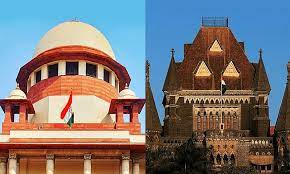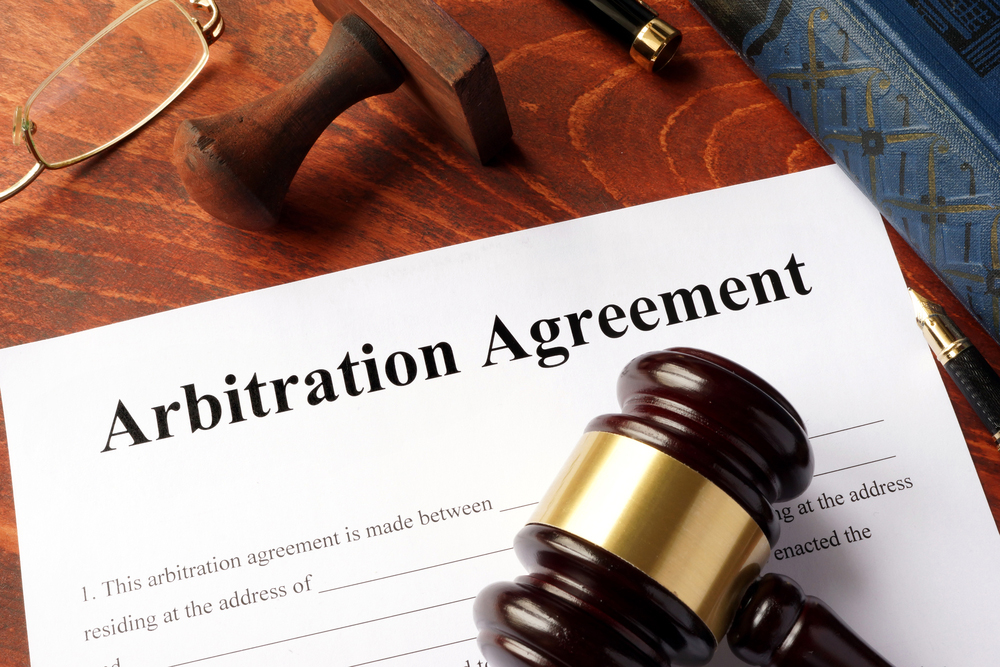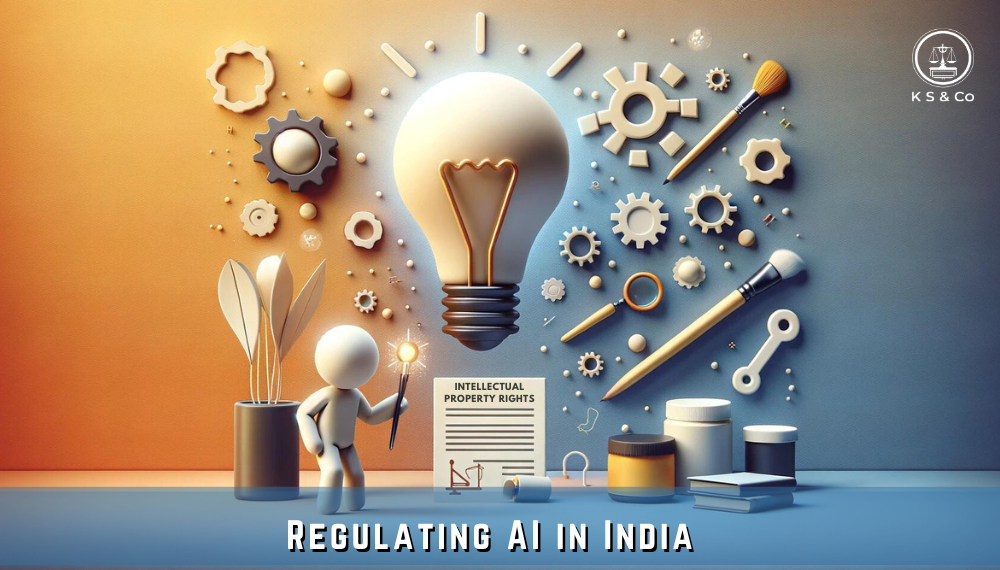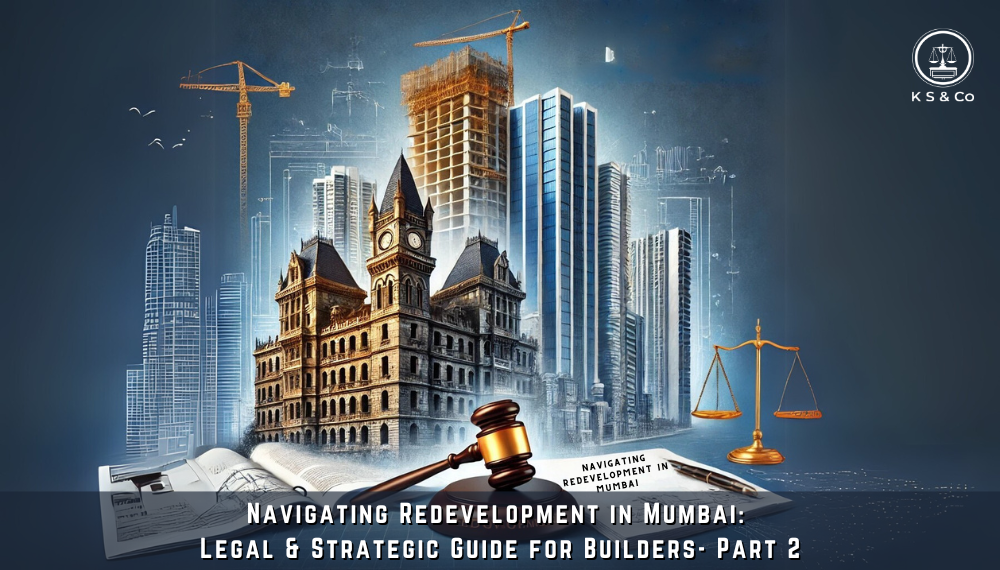In the case of Medima Llc V. Balasore Alloys Limited [AP/267/2021]
The Parties to the case had entered into an agreement which laid down that the disputes were to be referred to the International Chamber of Commerce (“ICC”). The parties chose English law as the governing law and the seat of Arbitration was London, UK.
The applicant, in this case i.e., Medima LLC was the claimant in the arbitration proceedings and was the successful party. The applicant approached the Calcutta High Court (“Court”) for interim measures to secure dues of the award.
The Respondents claimed that such an application was not maintainable as:
- The proviso to Section 2(2) of the Arbitration & Conciliation Act (“the Act”) states that section 9 of the Act will apply to International Commercial Arbitration where the place of arbitration is outside India, unless parties agree to the contrary. The respondent argued that the choice of the governing law being English law, was an implied agreement to the contrary and that the exclusion of the word express agreement means both express and implied agreements, under section 2(2) of the Act.
- They also argued that Section 9 of the Act, being under Part I of the Act does not intend to grant interim relief post-award in foreign arbitration.
The Court while allowing the application filed by Medima LLC, held that:
- To classify as an ‘agreement to the contrary’, under Section 2(2) of the Act, the agreement must indicate in clear and express terms that the parties intend to exclude the operation of section 9 from the purview of the said arbitration agreement. Therefore, merely choosing the governing law underlying the agreement cannot be seen as excluding the application of Section 9 by implication.
- With respect to the second contention, the Court held that Section 9 and Section 2(2) must be harmoniously read. The Court further held, ‘the objective of the amendment was to make the proviso workable, not stultify it by reason of a conflict with Section 9’.
The Court, therefore, held that the application is maintainable and the petitioner is entitled to seek interim measures against Balasore Alloys Limited, the respondent award-debtor.
Patent illegality only a ground for refusal to enforce award under domestic arbitration.

In the case of Gemini Bay Transcription Pvt. Ltd. v. Integrated Sales Service Ltd. & Anr. [CIVIL APPEAL NOS.8345-8346 OF 2018] the Respondents had approached the single judge bench of the Bombay High Court (“the Court”) for enforcement of the arbitral award.
Upon which, the Court held that the award would not be enforceable against the Petitioners i.e, GBT since they were not parties to the arbitration agreement. On appeal, however, the Division Bench set aside the judgement of the single bench. On this, the petitioners approached the SC contending that the award suffers from patent illegality and cannot be enforced.
Court Held:
The SC in this case held that, ‘patent illegality’ as a ground to set aside an arbitral award is only available against a domestic arbitral award made under Part I of the the Arbitration and Conciliation Act, 1996 (‘the Act’). This is in light of the fact that post the 2015 amendment, sub-clause 2A was added to Section 34 of the Act by which ‘patent illegality’ was added as a ground to challenge arbitral award.
No such provisions existed or were added in Section 48 of the Act which deals with grounds on which enforcement of a foreign award may be refused
Silpi Industries v. Kerala State Road Transport Corp. & Anr.[1]
[1] Civil Appeal Nos. 1570-1578 of 2021 and 1620-1622 of 2021)

The respondent (KSRTC) had invited tenders for the supply of thread rubber for tyre rebuilding. M/s Silpi Industries, an MSME supplier, was granted the purchase orders according to which 90% of the total payment shall be made on supply while the balance 10% shall become payable after the approval of a final performance report.
The cause of action arose when the respondent failed to pay the 10% balance amount. After a failed attempt at conciliation, the Micro and Small Enterprises Facilitation Council proposed for arbitration wherein the tribunal passed an award in favour of the appellants. Aggrieved by such order, the respondent challenged the same under Section 34 of the Arbitration and Conciliation Act, 1996 and when that failed, an appeal under Section 37 of the Act was filed before the Kerala High Court. The High Court ruled in favour of the respondent and held that the Limitation Act, 1963 would apply to the present case.
Court Held:
The appellant, aggrieved by such order, filed appeals before the Supreme Court of India where the primary issue was whether the Limitation Act, 1963 would apply to arbitration proceedings initiated under the MSME Act, 2006. The Court held that Section 43 of the Arbitration Act allows the Limitation Act to apply to arbitration proceedings as well. The Court also relied on Andhra Pradesh Power Coordination Committee v. Lanco Kondapalli Power Ltd. & Ors.[1] to conclude the above application of the Limitation Act.
[1] (2016) 3 SCC 468, paras 15 & 30.
Amazon.Com NV Investment Holdings LLC v. Future Retail Limited & others. Civil Appeals No. 4492-4497 of 2021, Supreme Court of India, Judgment dated 6 August 2021

In a landmark Judgement, the Supreme Court has recognised emergency arbitration in India-seated Arbitration proceedings.
The issues before the court were:
- i) Whether an “award” made by an emergency arbitrator under the SIAC Rules can be said to be an interim order made by an arbitral tribunal under Section 17(1) of the Arbitration Act; and
- ii) Whether an order passed by an Indian court under Section 17(2) of the Arbitration Act in enforcement of the “award” of an emergency arbitrator is appealable under the Arbitration Act.
The Supreme Court held that an award made by an Emergency Arbitrator comes under the ambit of an interim order passed under Section 17(1) of the Arbitration & Conciliation Act, 1996 (‘the Act’) and the same is enforceable under Section 17(2) of the Act.
Secondly, the SC held that no appeal would lie under the Arbitration Act against an order made under Section 17(2) of the Arbitration Act for enforcement of an emergency arbitrator’s award
SC lauds appointment of young arbitrator

The Supreme Court has lauded the Bombay High Court’s practice of appointing young lawyers as arbitrators, in light of grievances raised against the practise of appointing retired judges as arbitrators.
Hearing an arbitration dispute on fixing the price of cylinders, a bench of Justices D Y Chandrachud and M R Shah said that when it appoints an arbitrator now, it specifically mentions that fees are to be charged according to the schedule.
Neither a party to the disputes nor a person nominated by it can be appointed as an arbitrator
In the case TULSI DEVELOPERS INDIA PVT. LTD. v. DR. APPU BENNY THOMAS [AR NO. 105 OF 2020] , the Kerala High Court while deciding the case, analysed the interplay between section 11(5) and 11(6) of the Arbitration & Conciliation Act, 1996 (“the Act”).
The parties had entered into a lease agreement which contained an arbitration clause that in case parties fail to appoint a sole arbitrator, the lessor would have the right to appoint an arbitrator.
The petitioner approached the court for appointment of a sole arbitrator as per Section 11(6) of the Act. The respondents however, challenged the petition contending that the said application is not maintainable, claiming that the petitioner has in actuality approached the court under Section 11(5), styling as if it was filed under Section 11 (6).
The Court distinguished that Section 11 (5) applies to cases where the parties have not agreed to a procedure for appointment of a sole arbitrator. Whereas, Section 11(6) applies to cases where the parties already have agreed to the procedure of appointment, but have failed to act accordingly.
Applying this distinction to the present case, where the parties had already agreed to a procedure, the High Court held that the petitioner’s application under Section 11 (6) cannot be said to be non-maintainable. The Court also made the following observation: “even if the petitioner has projected grounds in this Arbitration Request, under a mistaken notion that the mandate of Section 11(5) is to followed or has been satisfied, it would be of no real consequence, since it is the duty of this Court to affirmatively and conclusively determine if there is an agreement between the parties regarding the procedure for appointment of an Arbitrator and then to apply the correct and applicable sub-section of Section 11 of the Act.”
With respect to the arbitration clause that provided that the lessor would appoint the arbitrator in case of failure on part of parties to agree upon one, the court relied upon the case of TRF limited v. Engineering projects Ltd. [(2017) 8 SCC 377] to hold that neither a party to the disputes nor a person nominated by it can be appointed as an Arbitrator.
PSA Sical Terminals Pvt. Ltd. v. Board of Trustees of V.O. Chidambranar Port Trust, Tuticorin & Ors
The appellant challenged a High Court order which allowed a first appeal under Section 37(1) of the Arbitration and Conciliation Act, 1996 by the respondent to set aside the arbitral award that was originally passed in favour of the appellant. The Supreme Court had to discuss the scope of Section 34 of the Arbitration Act and clarified the role and jurisdiction of the Arbitrator.
The Supreme Court held that an arbitration award must not disregard important evidence that is vital to arriving at a sound decision and if such evidence is disregarded, then the award shall be set aside under Section 34 on the ground of patent illegality. The Court held that such an award would be perverse and a breach of the fundamental principles of justice. Further, on finding that the award rewrites a new contract based on the intention of one party against the other, the Court ruled that such a decision amounts to interference which shocked the conscience of the Supreme Court as such blatant breach falls under an exceptional category.
The Court opined that an Arbitrator has a limited role and that is to arbitrate the matter within the realm of the contract and would have no power to grant terms beyond what is assigned under the contract as that would amount to acting without jurisdiction.
Thar Camps Pvt. Ltd. v. Indus River Cruises Pvt. Ltd. & Ors

The petitioner filed an application under Section 9 of the Arbitration and Conciliation Act, 1996 (“the Act”) before the Delhi High Court (“the Court”) to secure certain outstanding amounts payable to them by the 1st respondent i.e. Indus River Cruises. The specific claim was to restrain the 1st respondent from removing three leased vessels from Indian waters. The Court was faced with the primary issue of whether the petitioner has the right to obtain an interim order.
The Court held that “the mere possibility of frustration of arbitral proceedings, or any award which may be passed therein, cannot justify grant of interim protection under Section 9 of the 1996 Act”. Further, the court interpreted the scope of Section 9 to be limited. The Court relied on Sunil B. Naik v. Geowave Commander[1], and J.S. Ocean Liner LLC v. M.V. Golden Progress[2] to observe that strangers i.e. other third parties like the owners of the vessels who leased it to the respondent, to the arbitration agreement may not be injuncted under Section 9. The Court therefore found no reason to take any coercive action against the 4th and 5th Respondents i.e. owners of the vessels.
[1] (2018) 5 SCC 505.
[2] 2007 SCC OnLine Bom 69.
Swastik Pipe Ltd. v. Shri Ram Autotech Pvt. Ltd.
[Arbitration Petition (Arb. P.) No. 241/2021.]
The petitioners filed a case under Section 11(6) of the Arbitration and Conciliation Act, 1996 (“the Act”) for the appointment of a sole arbitrator. The reason for such appointment was due to non-payment of outstanding amount by the respondent against the delivery of goods required under the contract. Even after several invoices, letters, and legal notices sent by the petitioner as well as the court, the respondents did not appear which led to an ex-parte order.
The issue to be addressed was whether an arbitration clause in an unsigned invoice would constitute a valid arbitration agreement based on which the appointment of an arbitrator can take place under Section 11(6) of the Act.
The Delhi High Court (“the Court”) allowed the application by holding that there was a prima facie arbitration agreement between the two parties and according to the provisions of Section 11, a sole arbitrator would be appointed to adjudicate the dispute. The court interpreted Section 7(4)(b) of the Act to hold that the signature of either party on the arbitration agreement is not mandatory according to the language of the provision. Moreover, the legislative intent does not mandate the signatures of either party for an agreement to be constituted as valid. The reason for coming to this conclusion was that an arbitration agreement could be in ‘oral nature’ as well where there would be no record of signatures but mere communication. What matters in the intent of the parties and not the particulars of the agreement.
DISCLAIMER: Copyright on the images used in this newsletter are credited to the original owner of the copyrighted article. K Singhania & Co do not claim copyright over the images used. Due credits to the artist, author or creator of the copyright.






